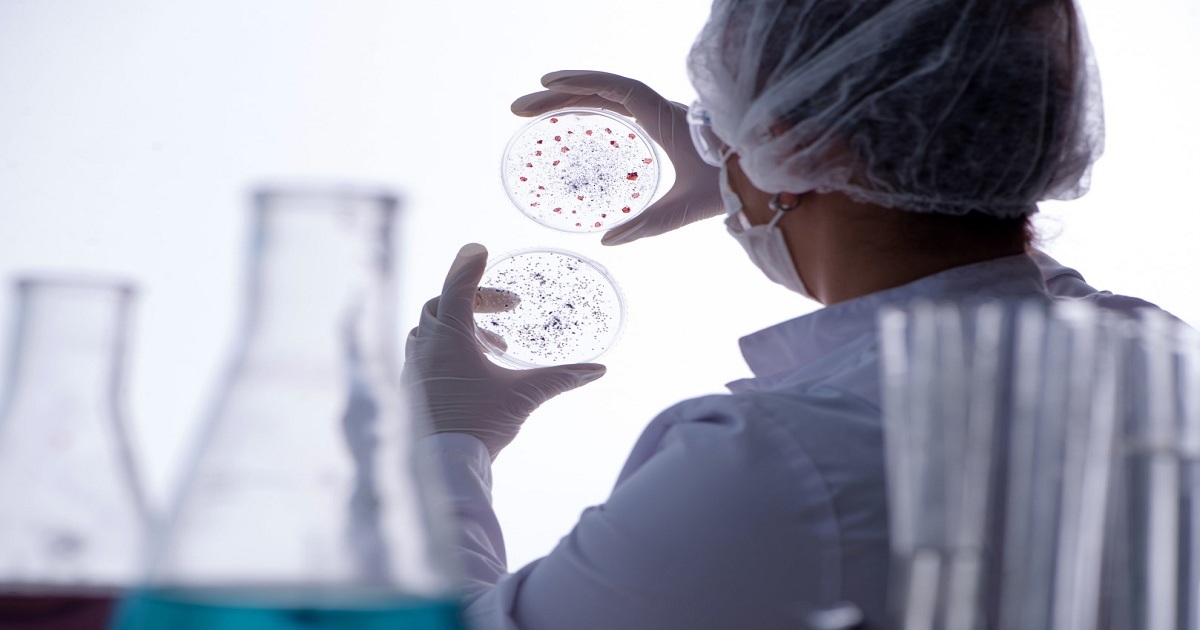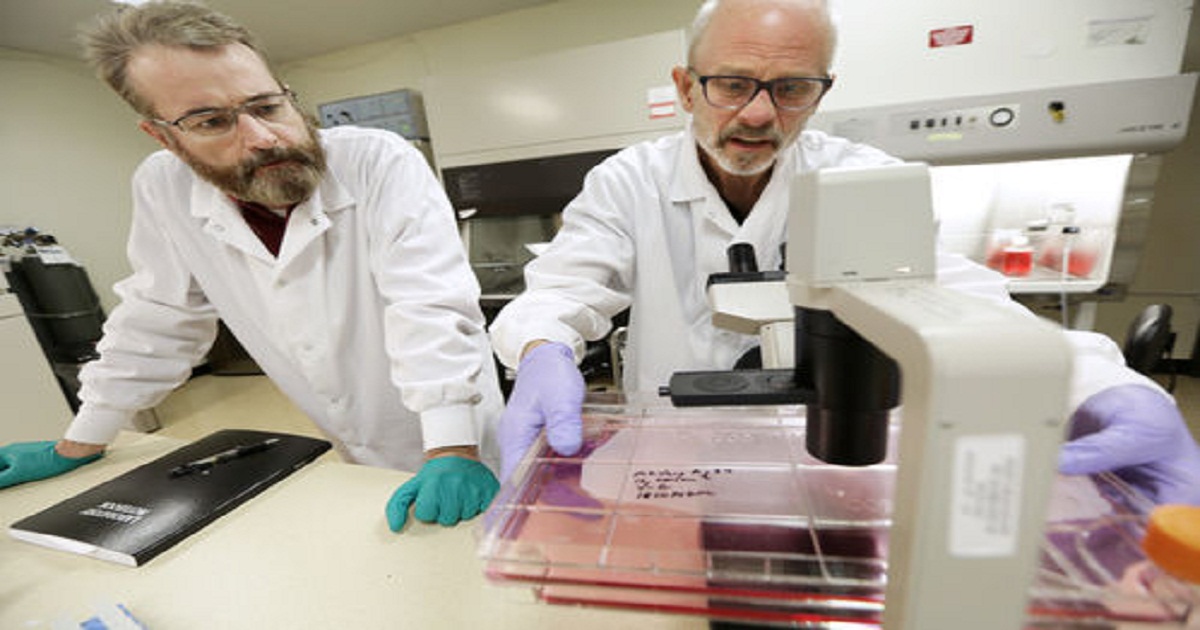
MedTech
Article | July 13, 2022
Gene therapy has historically been used to treat disorders with in-depth knowledge caused by a single genetic mutation. Thanks to the introduction of new generation technologies, the potential of gene therapy is expanding tAo treat diseases that were previously untreatable.
Evolution of Gene Therapy
One of the major success stories of the twenty-first century has been gene therapy. However, it has not been the same in the past. The field's journey to this point has been long and mostly difficult, with both tragedy and triumph along the way.
Initially, genetic disorders were thought to be untreatable and permanently carved into the genomes of individuals unfortunate enough to be born with them. But due to the constant technological advancement and research activities, gene therapy now has the potential to treat various genetic mutation-causing diseases with its ability to insert a new copy and replace faulty genes.
Gene Therapy is Finding New Roads in the Medical Sector
Gene therapy can help researchers treat a variety of conditions that fall under the general heading of epilepsy, instead of only focusing on a particular kind of disorder brought on by a genetic mutation. Following are some of the domains transformed by gene therapy.
Neurology – Gene therapy can be used for the treatment of seizures by directly injecting it into the area causing an uncontrolled electrical disturbance in the brain. Furthermore, by using DNA sequences known as promoters, gene therapy can be restricted to specific neurons within that area.
Ophthalmology – Genetic conditions such as blindness can be caused due to the mutation of any gene out of over 200 and resulting in progressive vision loss in children. With advanced gene therapies such as optogenetics, lost photoreceptor function can be transferred to the retinal cells, which are responsible for relaying visual information to the brain. This might give patients the ability to navigate in an unknown environment with a certain level of autonomy.
The Future of Gene Therapy
The news surrounding gene therapy has been largely favorable over the past few years, with treatment after treatment obtaining regulatory approvals, successful clinical trials, and garnering significant funds to begin development. With more than 1,000 clinical trials presently underway, the long-awaited gene therapy revolution might finally be here.
Read More

MedTech
Article | July 11, 2022
Introduction
Recent developments in the bioengineering of monoclonal antibodies (mAbs) have revolutionized the treatment of numerous rheumatic and immunological disorders.
Currently, several immunological disorders are successfully being targeted and treated using innovative medical techniques such as immunotherapy. Leading companies are increasingly investing in research activities to expand the usage and application of immunology for the treatment of various infectious diseases, including multiple sclerosis, inflammatory bowel disorders, lupus, and psoriasis, leading companies are increasingly investing in research activities.
Today, the efforts of researchers in immunology, with a long history of study and research, have borne fruit, as bioengineered mAbs are now being employed in clinical practices.
Accelerating Investments: Paving the Way for Immunology
The increasing prevalence of infectious diseases, cancer, and immune-mediated inflammatory disorders (IMIDs) is raising the need for more precise classification and an in-depth understanding of the pathology underlying these ailments.
Numerous leaders in the biotechnology domain are thus focusing on undertaking numerous strategies, such as new facility launches and collaborations, to address the need by finding deeper inroads into immunology and its use in disease treatments.
For instance, in 2022, the University of Texas MD Anderson Cancer Center announced the launch of a visionary research and innovation hub, the James P. Allison Institute, to find new roads in immunotherapy, develop new treatments, and foster groundbreaking science.
These developments will result in better diagnosis through the use of selective biomarkers, and early detection of fatal diseases and their treatment, which will prevent complications from happening. Also, the identification of high-risk populations through a deeper understanding of genetic and environmental factors can assist in the prevention of disease through immunotherapy.
The Way Forward
Immunology has led to the development of biotechnology, making it possible to develop novel drugs and vaccines, as well as diagnostic tests, that can be used to prevent, diagnose, and treat a wide range of autoimmune, infectious, and cancerous diseases.
With the rapid advancement in technology and the integration of artificial intelligence, immunology is finding its way into an array of domains and industries, encompassing several research areas including medicine, pharmaceuticals, agriculture, and space.
Today, not only researchers but also leading biotech and pharmaceutical companies have recognized that conventional therapies with pharmaceutical and chemical products are being replaced by products derived from immunology. This is because they work well for health problems, are environmentally friendly, and are also emerging as a wealth-generating business in the medical field.
Read More

Medical
Article | August 16, 2022
Biotechnology is a vast discipline of biology that employs diverse biological systems to create solutions that can significantly alter the ways in which they operate across various domains. That said, biotechnology is not a new notion. It has existed for millennia, with ancient civilizations using its earliest incarnations to cultivate crops and create alcoholic beverages.
Today, the biotechnology industry has developed by leaps and bounds and has amassed a vast quantity of scientific data through study and research. Given the importance of data in the biotechnology business, it is not difficult to understand why biotech companies utilize data analytics.
Modern data analytics tools have made it possible for researchers in the biotech industry to build predictive analytics models and gain knowledge about the most efficient approaches to accomplish their desired goals and objectives. Data analytics is increasingly being adopted by biotech businesses to better understand their industry and foresee any problems down the road.
How is Data Analytics Revolutionizing Fields in Biotechnology?
Today's business and scientific fields greatly benefit from data. Without the analysis of vast information libraries that provide new insights and enable new innovations, no industry can really advance. Being highly reliant on big data analytics, biotech is not an exception in this regard.
With the tools and methods that help scientists systematize their findings and speed up their research for better and safer results, data analytics is making deeper inroads into the biotechnology industry. It is emerging as a crucial link between knowledge and information and is extensively being used for purposes other than just examining the information that is already available. The following are a few of the cutting-edge biotechnology applications of data analytics
Genomics and Disease Treatment
Pharmaceutical Drug Discovery
Drug Recycling and Safety
Agriculture and Agri-products
Environmental Damage Mitigation
Data Analytics Possibilities in Biotechnology
With data analytics becoming an integral part of how biotech businesses operate, biotechnologists and related stakeholders need to understand its emergence and crucial role.
Data analytics has opened new frontiers in the realm of biotechnology. Thanks to developments in data analytics, research and development activities that once took years may now be accomplished in a matter of months. Also, now scientists have access to biological, social, and environmental insights that can be exploited to create more effective and sustainable products.
By understanding the importance of data-related tools and techniques applications, biotech companies are aiming to invest in the popularizing technology to stay updated in the fast-paced biotechnology industry.
Read More

Article | April 19, 2020
Whether it’s called a modern “Manhattan Project” or a medical moon shot, the concept of long-term economic recovery rests on how confident people are they won’t risk serious illness by venturing forth in public again. Wisconsin stands to be a significant part of such an undertaking, whatever it’s called. The shorter-term debate is well under way over the gradual lifting of COVID-19 emergency rules, such as the now-extended “safer-at-home” order in Wisconsin. At least a dozen states, including regional coalitions on the East and West coasts, are exploring next steps as they seek to balance responses to the virus with calls for reopening the economy, at least, in part. Wisconsin’s ability to shape longer-term responses will come from private and public resources, which range from companies engaged in production of diagnostics.
Read More